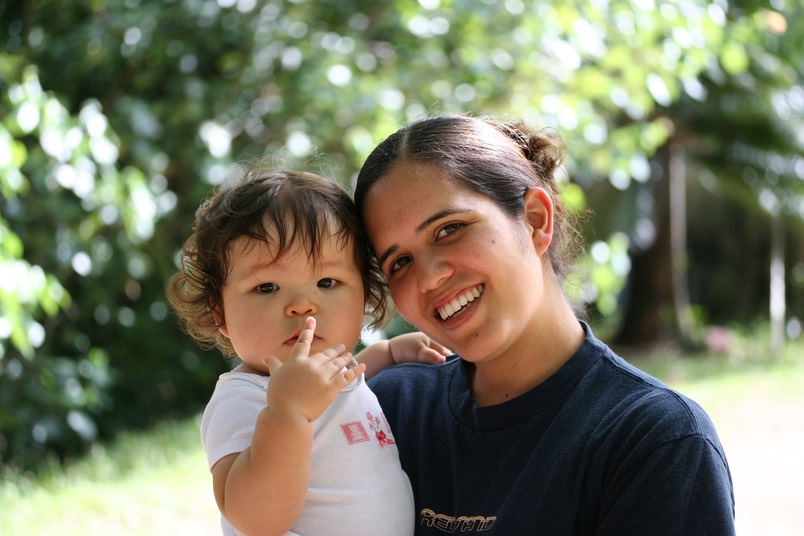The difference between too little and enough is obvious. Too little hurts; enough feels satisfying. More than enough can be a feast, and a feast is an experience of abundance! But if there is always more than enough, the feast becomes meaningless. It becomes too much or overindulgence.

How do we learn what is enough?
So, how do we learn about how much is enough? I never saw a college class labeled Enough 101. Or a high school option (and it would be an option, wouldn’t it?) called Learn About Enough. We didn’t have Tuesday morning modules on Enough in grade school. So, how do we learn?
Enough is one of those concepts that is taught informally, when the occasion arises, often outside of awareness. Ask ten different people how they learned about Enough and you will probably get nine blank stares and one story about the discomfort of a time when having had way too much was distressing.
So, there it is. We picked up the concept of Enough here and there along life’s journey. But not all of us got it. Adults who had been overindulgence as children were surveyed in the ten studies of the Overindulgence Project. Their most frequent complaint about being overindulged was not knowing what was enough. They reported not knowing what was enough food, clothing, recreation, cars, work, alcohol, excitement, sleep, money, sex, amounts to put in recipes, you name it. Some said, “There were too many things but not enough love.”
This is a very debilitating situation. One interviewee stated plaintively that she hopes before she goes to her grave that she has one afternoon when she knows what is enough of just one thing. Anything. This is not the impact parents plan to have on their children’s lives. But it is a result of having had too much.
You have to be carefully taught
In part, the concept of Enough is learned, and one that parents teach as children grow. At times, it is easy to let a child have too much in order to avoid dealing with the child’s frustration. But teach about Enough we must. So, in the car on the way to the toy store we say, “You may choose one toy today. I will decide if the price is right and if you may have it.” When our child begs for another, we say matter-of-factly, “You already have your toy. That is enough. If you continue to beg we will put this one back.” And if that happens, we carry through. Lucky is the child whose parent is not swayed by tears, begging, pouting, or shouting.
What to do?
Sometimes this is hard for parents to do. The media and other people are constantly telling your child she will be more okay if she has more and newer. But parents need to be in charge of the family. If it’s hard for you, you can practice the following.
- In front of a mirror, practice saying no without looking mad or scared or guilty. Find a firm look, not critical, but with no smile or laughter. Smiles encourage children to continue misbehaving.
- Still in front of the mirror, practice saying, “That is all,” and “You have had enough for now.”
- March around the house saying, “I am the parent.” Children do not need parents who are friends, they need parents who are friendly. Say, “I am more powerful than the media. I am firmly in charge. I am teaching my child about Enough.”
- Make lists of things your child wants or you want to give and then you decide what is too little, enough, abundance, or too much. Give enough always in so far as you can, give abundance sometimes. Remember that too much is not better than abundance. It is worse. Much worse.
There is more help about avoiding overindulgence in How Much is Too Much? Raising Likeable, Responsible, Respectful Children – From Toddlers To Teens – In An Age of Overindulgence (2014, DaCapo Press Lifelong Books).
All photos from MorgueFile free photo.


